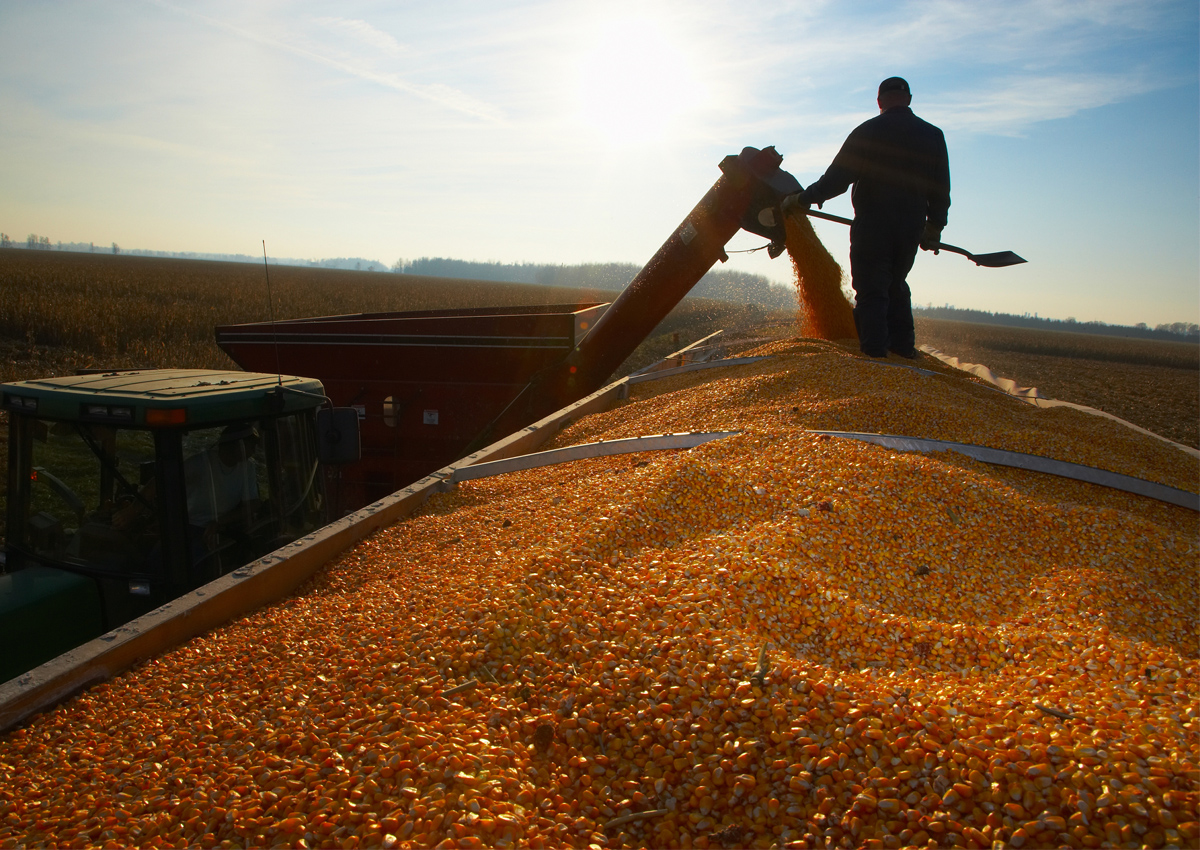
Colombia Benefits Economically and Environmentally from 15 Years of Planting GM Crops
February 12, 2020| |
A study conducted by Graham Brookes of PG Economics Ltd. published in the journal GM Crops and Food finds that since 2003, crop biotechnology has helped Colombian farmers grow more food, feed, and fiber, using fewer resources and farm incomes increased by a total of over US$300 million. Crop biotechnology has enabled Colombian farmers to obtain higher yields from better pest and weed control, reducing the environmental footprint associated with the production of cotton and maize.
The study finds that since 2003, about 1 million hectares of biotech cotton and biotech maize were planted in Colombia and in 2018, the technology was used on the equivalent of 90% and 36% respectively of the total cotton and (commercial) maize crops.
The extra production and reduced cost of pest and weed control helped maize farmers attain higher incomes equal to an average of US$294/ha and an average return on investment equal to +US$5.25 for each extra US$1 spent on GM maize seed relative to conventional seed. For cotton farmers, the average increase in income has been +US$358/ha, with an average return on investment equal to +US$3.09 for each extra US$1 spent on GM seed relative to conventional seed. The study also found that crop biotechnology facilitated cuts in fuel use, resulting in a reduction in the release of greenhouse gas emissions from the GM cotton and maize cropping area and contributed to saving scarce land resources.
For more details, read the news release in PG Economics. The paper is available in GM Crops & Food.
| |
You might also like:
- National University of Colombia Scientists Gene-Edited Smallest Tomato in the World
- Colombia Open to Biotech Adoption; Continues to Work through Regulatory Challenges
- Biotech Country Facts and Trends: Colombia
Biotech Updates is a weekly newsletter of ISAAA, a not-for-profit organization. It is distributed for free to over 22,000 subscribers worldwide to inform them about the key developments in biosciences, especially in biotechnology. Your support will help us in our mission to feed the world with knowledge. You can help by donating as little as $10.
-
See more articles:
-
News from Around the World
- Redundant Food Labels Affect Consumers' Willingness to Pay
- Genomes of Basmati Rice Sequenced
- Scientists Unravel Mystery of Photosynthesis
- Innovation Study Demonstrates Financial Benefits of HT Canola in Canada
- Colombia Benefits Economically and Environmentally from 15 Years of Planting GM Crops
- Australian OGTR Seeks Comment on GM Blue Carnations
- Scientists Discover Gene that Improves Yield and Fertilizer Use Efficiency of Rice
-
Research Highlights
- Selective Gene Silencing Leads to Ultra-low Gossypol Cottonseed
- Golden Rice is Safe, Studies Show
-
Plant
- Enzyme Engineering Boosts Super-precise CRISPR Tool
-
Read the latest: - Biotech Updates (December 17, 2025)
- Gene Editing Supplement (December 17, 2025)
- Gene Drive Supplement (February 22, 2023)
-
Subscribe to BU: - Share
- Tweet

